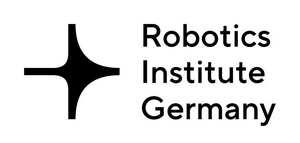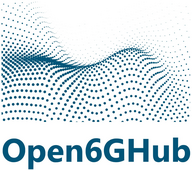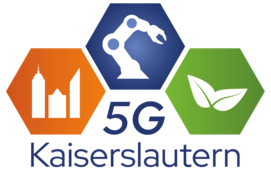
Research Departments
- Augmented Vision 2
- Cognitive Assistants 1
- Cooperative and Autonomous Systems 1
- Embedded Intelligence 3
- Innovative Factory Systems 6
- Intelligent Networks 5
- Robotics Innovation Center 6
- Smart Data & Knowledge Services 2
Research Topics
- Autonomous Systems 10
- Data Management & Analysis 5
- Human-Machine Interaction 7
- IT Security 4
- Image Recognition & Understanding 6
- Machine Learning & Deep Learning 11
- Other 1
- Robotics
- Sensors & Networks
- Virtual & Augmented Reality 4
Fields of application
- Environment & Energy 6
- Farming & Agricultural Technology 2
- Industrie 4.0
- Learning & Education 1
- Mobility 7
- Other 4
- Smart Home & Assisted Living 4
- Trade & Logistics 3
Search narrowed by:
Displaying results 1 to 10 of 17.
Research Departments
- Augmented Vision 2
- Cognitive Assistants 1
- Cooperative and Autonomous Systems 1
- Embedded Intelligence 3
- Innovative Factory Systems 6
- Intelligent Networks 5
- Robotics Innovation Center 6
- Smart Data & Knowledge Services 2
Research Topics
- Autonomous Systems 10
- Data Management & Analysis 5
- Human-Machine Interaction 7
- IT Security 4
- Image Recognition & Understanding 6
- Machine Learning & Deep Learning 11
- Other 1
- Robotics
- Sensors & Networks
- Virtual & Augmented Reality 4
Fields of application
- Environment & Energy 6
- Farming & Agricultural Technology 2
- Industrie 4.0
- Learning & Education 1
- Mobility 7
- Other 4
- Smart Home & Assisted Living 4
- Trade & Logistics 3







